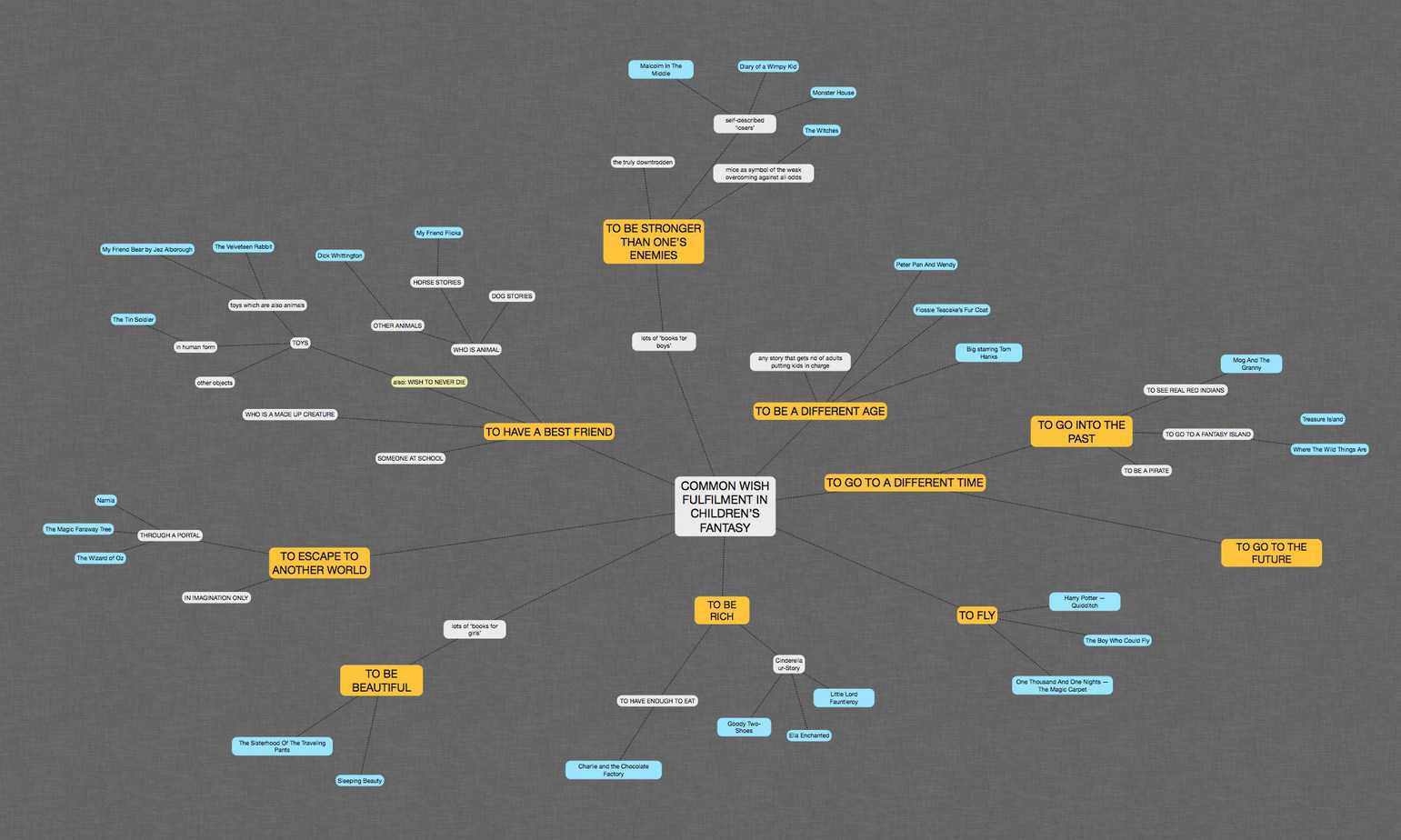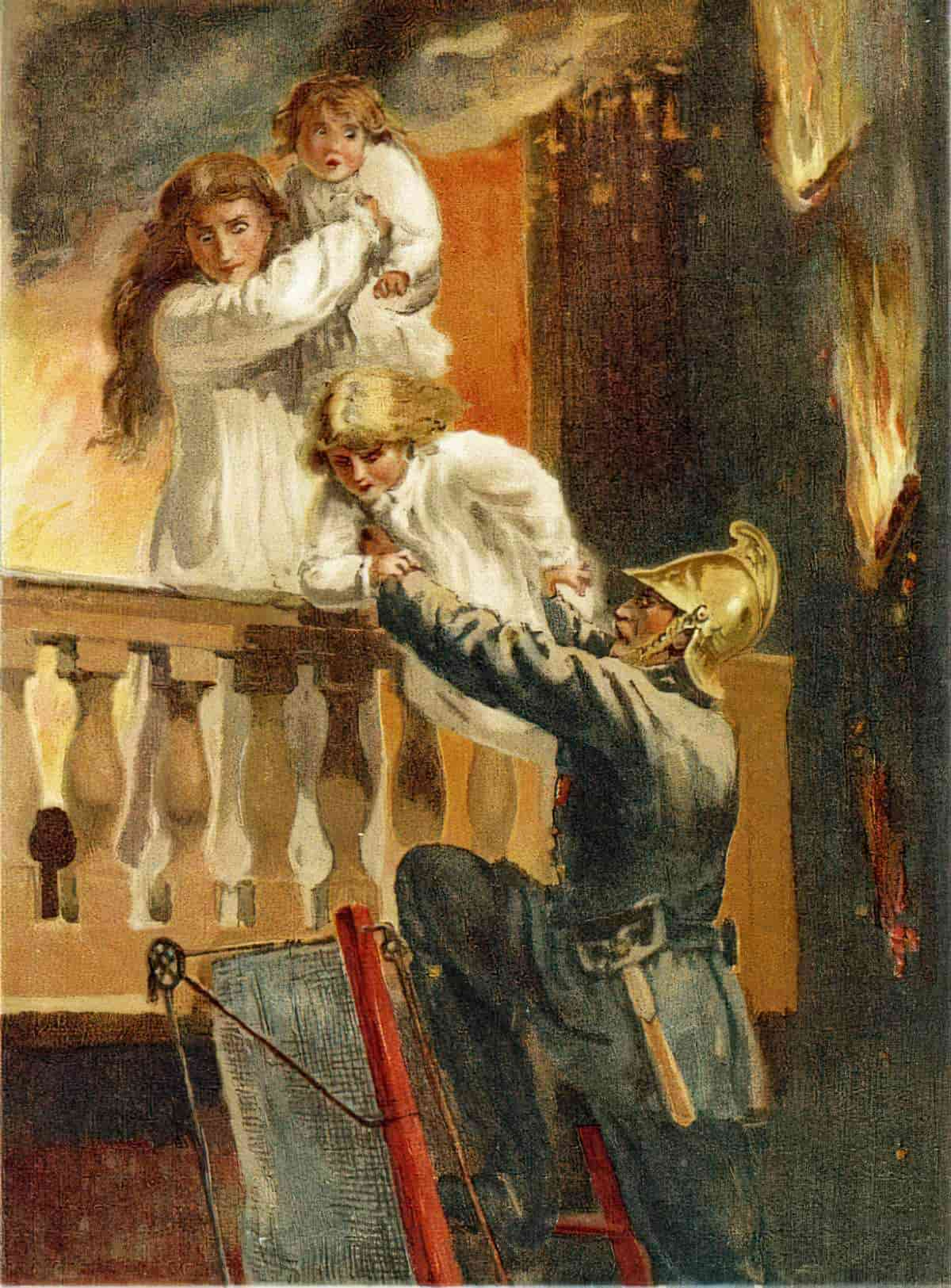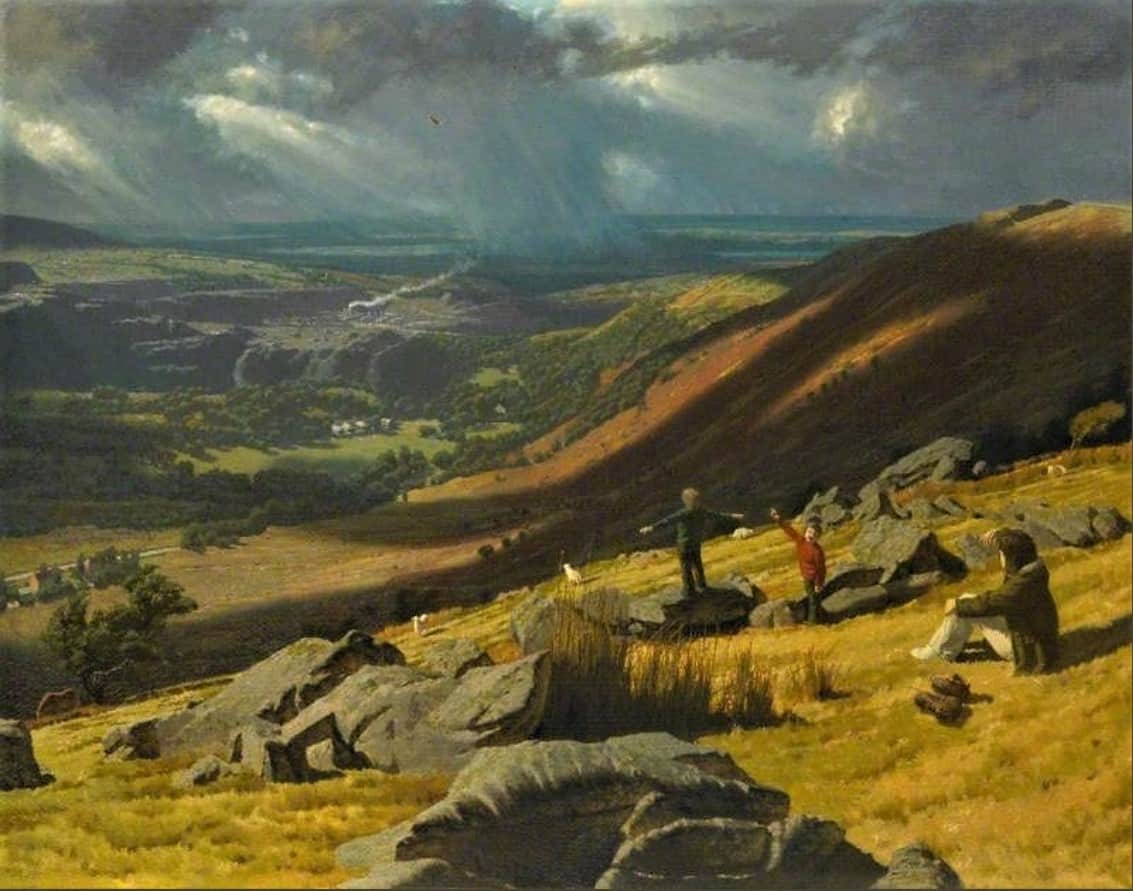Genre fiction and children’s fiction often functions to allow the reader to experience a particular form of fantasy. Some wishes are considered more worthy than others.

FIVE CHILDREN AND IT
The classic book that is entirely about what happens when you wish: Five Children and It, by E. Nesbit, published 1902. Nesbit had a firm grasp on the main reasons children read, and each chapter explores what happens after certain wishes are fulfilled.
The moral of the story: Be careful what you wish for! Also, simply having your wishes come true doesn’t mean you’re going to be happy. Every outcome has unpredictable consequences. Other people are always caught in your life web — you can’t make a personal wish without it affecting your community.
WISH FULFILMENT AND GENDER
Neil Gaiman has proposed a gender divide when it comes to wish fulfilment in stories.
Boys: Boys are bigger, stronger, faster, invisible, can fly. The wish fulfilment fantasies of boys are historically given more weight — seen as aspirational, part of normal, healthy development.
Girls: Girls’ real lives are based on lies. Their parents are not their real parents — they are secret princesses. There’s a promise of transmutation.
Some wish fulfilment fantasies in genre fiction read largely by girls is historically dismissed as banal, silly, crazy. The wish fulfilment of dark paranormal romance is one example. Some fans of paranormal romance wish for a handsome hero saviour but also wish to put aside the problems they face in everyday life — responsibility, body dissatisfaction and also the feeling of being unsafe, which girls must deal with as they enter the dating world.

WISH FULFILMENT IN STORIES FOR ADULTS
In adult fiction, the wish fulfilment aspect of story enjoyment is no less hidden — it may simply be invisible.
There are many literary stories about a middle aged man who falls in love with a much younger, beautiful woman. Or a troubled girl comes under the wing of a much older man and he helps her out. When there’s an element of regret in the story, this, too, is a form of wish fulfilment. A story which succumbs to this sort of wish fulfilment is Million Dollar Baby. Another is The Homesman. A story which could have succumbed to this kind of regret but manages to rise above is the film Wildlike, with the screenplay written by Frank Hall Green, whose work you may know from Foxcatcher, Precious, 127 Hours and Mud.
Apocalyptic fiction such as The Walking Dead or The Road explores the wish of a man to save himself and his own tribe using his most macho attributes and weaponry, outside the bounds of the safer, more banal real world in which he lives.
The entire genre of Westerns were about a male wish fulfilment to expand the American empire, travelling from small town to small town as a blow-in saviour character.
This piece about Game of Thrones and similar stories talks about the damaging wish fulfilment of wanting to rise above another group of people and come up roses with no ill-consequence for yourself.
Games such as Grand Theft Auto, surprisingly, aren’t really about enjoyment. They’re about “The Ideal Self At Play” — a.k.a. self-actualisation.
“It’s the very reason that people play online RPGs,” Bartle said. “In this world we are subject to all kinds of pressures to behave in a certain way and think a certain way and interact a certain way. In video games, those pressures aren’t there.” In video games, we are free to be who we really are—or at least find out who we really are if we don’t already know.
Richard A. Bartle

Header painting: The Kestrel David James Woodford, oil on canvas, 1970s. The ‘kestrel’ is the boy, also, who wishes he could fly.

